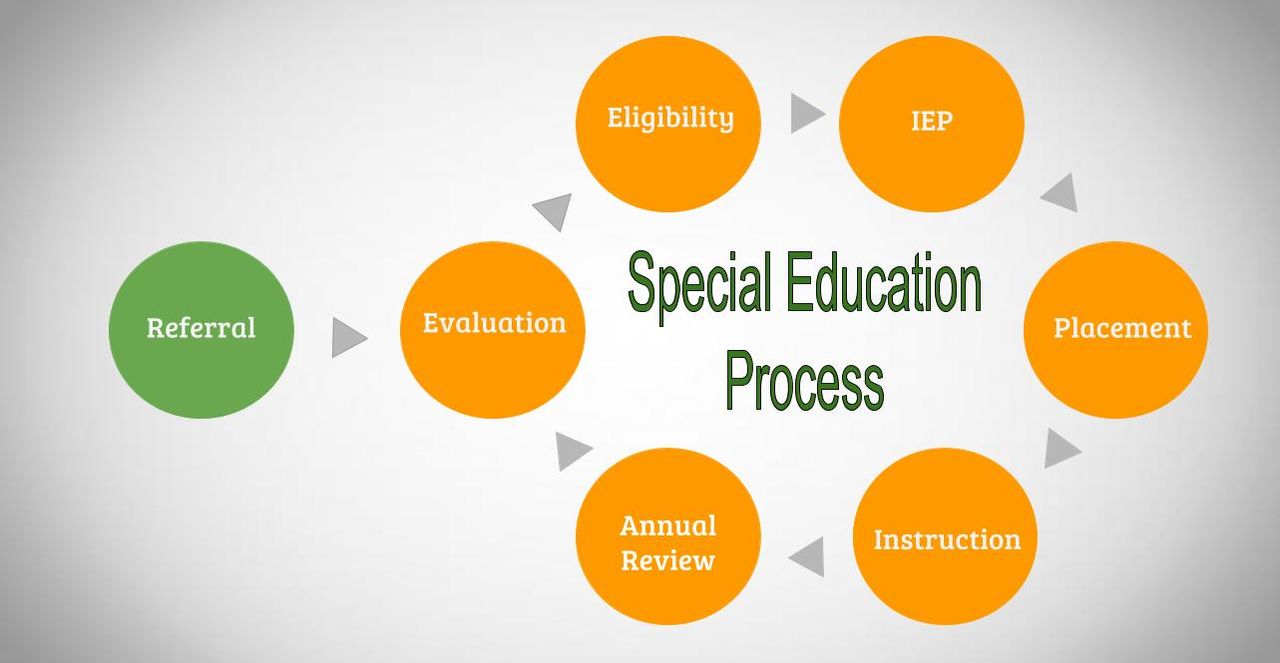Parents' IEP Reference Guide

After the Individualized Educational Plan (IEP) Meeting
The U.S. Department of Education stresses the following tips and strategies for effectively implementing a student's IEP once it has been written:
- Every individual involved in providing services to the student should know and understand his or her responsibilities for carrying out the IEP. This will help ensure that the student receives the services that have been planned, including the specific modifications and accommodations the IEP team has identified as necessary.
- Teamwork plays an important part in carrying out the IEP. Many professionals are likely to be involved in providing services and supports to the student. Sharing expertise and insights can help make everyone's job a lot easier and can certainly improve results for students with disabilities. Schools can encourage teamwork by giving teachers, support staff and/or paraprofessionals time to plan or work together on such matters as adapting the general curriculum to address the student's unique needs. Teachers, support staff, and others providing services for children with disabilities may request training and staff development.
- Communication between home and school is also important. Parents can share information about what is happening at home and build upon what the child is learning at school. If the child is having difficulty at school, parents may be able to offer insight or help the school explore possible reasons as well as possible solutions.
- It is helpful to have someone in charge of coordinating and monitoring the services the student receives. In addition to special education, the student may be receiving any number of related services. Many people may be involved in delivering those services. Having a person in charge of overseeing that services are being delivered as planned can help ensure that the IEP is being carried out appropriately.
- The regular progress reports that the law requires will help parents and schools monitor the child's progress toward his or her annual goals. It is important to know if the child is not making the progress expected-or if he or she has progressed much faster than expected. Together, parents and school personnel can then address the child's needs as those needs become evident.
Tips for Parents:
The Center for Appropriate Dispute Resolution in Special Education (CADRE) gives the following tips for parents to follow before an IEP meeting:
- Review and evaluate.
- What worked?
- What didn't work?
- Incorporate into future meetings
- Consider building meeting tip file for each child – sources of anger, joy etc.
- Send home thank you note.
- Write down specific suggestions about things parents can do at home to help.